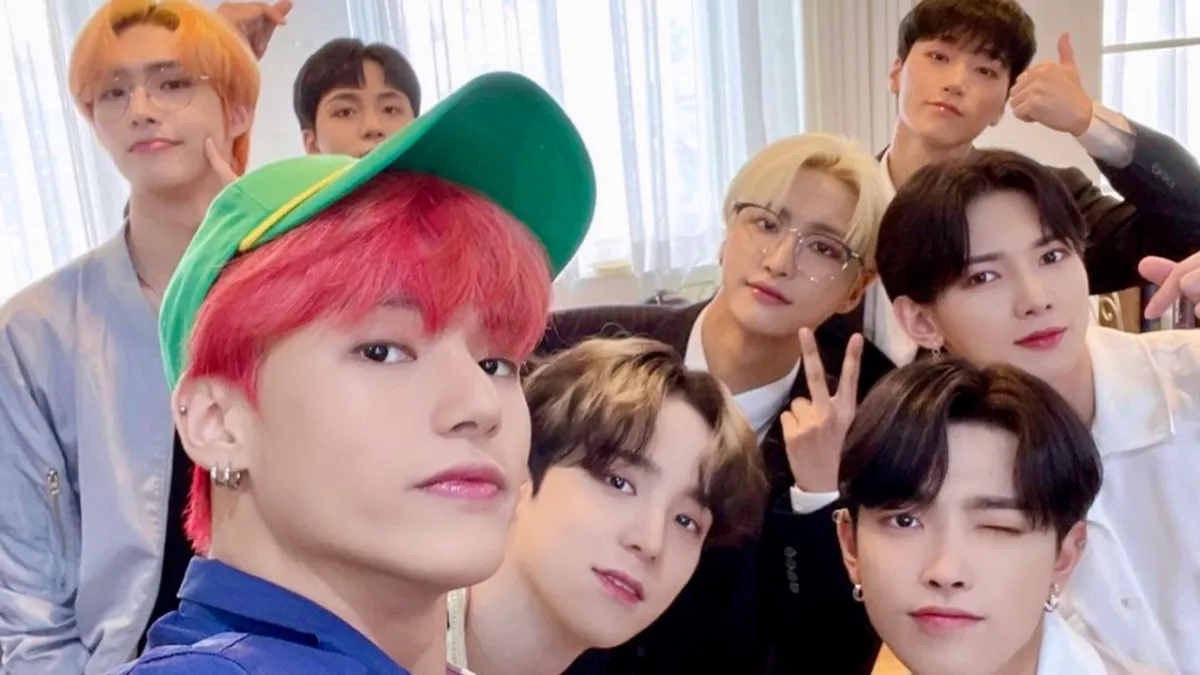
I realize we’re nearing the end of 2010 and we’re beating a dead horse with this topic at this point but I feel that with the shutting down of popular file sharing program, Limewire, a couple of weeks ago and an even more recent case of a single mother being forced to pay punitive damages of $1.5 million, it warrants another in depth look at the morality and legality of pirated music.
In the said case, Jammie Thomas-Rasset was found guilty of violating copyrights on 24 songs, charged to pay $62,500 per song, totaling $1.5 million to the RIAA (Record Industry Association of America). Understandably, it’s an unreasonable number for a single mother to pay and she claims her innocence while stating she can’t afford that amount.
So what now? Throw her in jail? We barely have enough room in prisons for murderers and rapists and so I believe that sending a music pirate to jail is small change compared to the real crimes being committed.
On the other hand, it is a crime and I’m not going to deny that. However, in 2010, it’s such a pervasive crime that punishing the little guy is not going to solve anything. We need to look further up the supply chain and punish those who are leaking albums and supplying them to the hungry pirates on the web.
But this is nothing new. We’ve been saying this for years. I suggest that we need a complete paradigm shift in the industry for change to really happen. Even if there was no Kazaa, Limewire and torrents, people are still going to pirate. We did it with dual cassette recorders and VCR’s in the 80’s and 90’s and we still do it today. The only difference is the widespread use of the internet and the unprecedented scale of the distribution in modern times.
The industry needs to focus on making the product attractive to the consumer. We spend millions of dollars on stuff everyday, recession or not, and so it’s up to the industry to find a way to make us spend our money on their product, which is ultimately the billion dollar question in any business.
A good example is Freeway & Jake One’s album early this year, ‘The Stimulus Package’ (fast-forward the video to 1:10 to see the unpackaging). They creatively packaged the CD in a unique theme by making the case an old leather wallet, the album cover and liner notes as loose giant dollar bills and tucked into the card sleeve on the inside of the wallet is a download code for the album’s instrumentals. While not revolutionary and alone won’t shake the industry, it’s a good start as an incentive to buy the album as these are all bonuses that you wouldn’t get by pirating.
But the problem isn’t with the downloading itself in my opinion. It’s the mentality that folks have nowadays that they have the right to download; the folks who are arrogant enough to believe that it costs the artists and labels nothing to make music.
Now I admit that I do the occasional download. We all consume pirated content in one form or another and you’d be in denial if you said you didn’t. But I do try to buy the CD as soon as I confirm that my quality standards have been met.
People like me, who are in the minority unfortunately, who respect the artists enough to buy the album after we already have it on our hard drives, go by the mantra of “try before you buy”. All consumers have the right to a decent product before we purchase it. The problem is the industry is not convincing us to do otherwise.
In the past, we had the radio and music videos to give us decent previews of the album. If we liked the singles, we could trust that the album will be of roughly equal quality. But nowadays, singles and subsequent albums are so weak and unrepresentative of the artists. This is mostly because of poor A&R’s making the artist conform to their standards instead of letting artistic integrity speak for itself. For example, compare Wale and B.O.B.’s debut albums to their mixtapes and notice not only a drop in quality but a completely different musical style that alienates their core fanbase.
The trust is gone in 2010. The relationship between the music industry and consumer is so one sided, a rebellion was bound to happen.
The industry has tried to adapt in recent years by using digital sales and the like but the fact remains that most consumers who are still willing to spend money on music want a physical product that they can hold in their hands. Personally, I feel it’s redundant to spend money on an MP3 when I can get the exact same file for free.
Call me old school but if I’m going to spend money on music, I want a physical product that I can unwrap, pop into my car on my way home from the store and enjoy the music while reading the liner notes and album artwork. I don’t want to pay for lines of code on my hard drive. In my opinion, because of this, digital distribution is not a viable solution to this problem.

Now, I’ve spent a lot of time here talking about the morality of pirating and possible starting points for solutions but I want to spend a few paragraphs on the legality of pirating.
It should be noted that the single mother in the above case is charged with sharing the files, not downloading. As far as my limited legal knowledge and research can tell, downloading music is technically not illegal in Canada, US or Europe. The distribution of these files is the issue at hand.
What most people don’t realize however is that by using torrents and certain file sharing programs like Limewire, downloading a file through that actually hosts the file for others to download from you simultaneously. Thus, many people could actually be charged with sharing the file to hundreds or thousands of others when they didn’t even realize they were doing so.
Being the reason that many regular people in the U.S. were being charged outrageous amounts for copyright infringement, Canada actually specified what exactly constitutes “pirating” in recent years.
“The mere fact of placing a copy on a shared directory in a computer where that copy can be accessed via a P2P service does not amount to distribution. Before it constitutes distribution, there must be a positive act by the owner of the shared directory, such as sending out the copies or advertising that they are available for copying.”
This eases the situation for us Canucks as we cannot be charged with copyright infringement even if people are downloading files from us. As long as we are not deliberately distributing copyrighted material, we’re safe. And the RIAA cannot charge us with theft or possession of stolen property because pirated music cannot be defined as stolen property. In the eyes of the law, the rightful owners of the material have not been legally denied the use of their property and therefore, we are not technically stealing.
But just because we can download music for free still doesn’t mean that we should. It costs lots of money for artists and labels to pay for studio time, engineers, sound technicians, marketing, production and distribution. By downloading, we are preventing these parties from recouping their losses. Thus, regardless of this convenient loophole in the flawed justice system, we are still stealing the music even though legally, we are not.
And for those who do get caught and charged by the RIAA, will bankrupting a single mother family really solve the problem? While it was certainly the pirates that caused this problem back in the late 90’s starting with Napster, the issue has grown far beyond playing the blame game now in 2010. While I’m not saying the industry should bow down and simply accept the fact that they’re suffering because of pirates, they need to ask themselves why pirating is so widespread in the first place and adjust their practices accordingly.
The industry leaders really need to sit down and realize that to fix the problem means a complete paradigm shift to change the mentality of the would-be consumers, not punishing a few people to the extreme to make an example. You can’t blame the leaves for falling off when the problem stems from the tree’s roots.
<!–[if !mso]> <! st1\:*{behavior:url(#ieooui) } –> I realize we’re nearing the end of 2010 and we’re beating a dead horse with this topic at this point but I feel that with the shutting down of popular file sharing program, Limewire, a couple of weeks ago and an even more recent case of a single mother being forced to pay punitive damages of $1.5 million, it warrants another in depth look at the morality and legality of pirated music.






